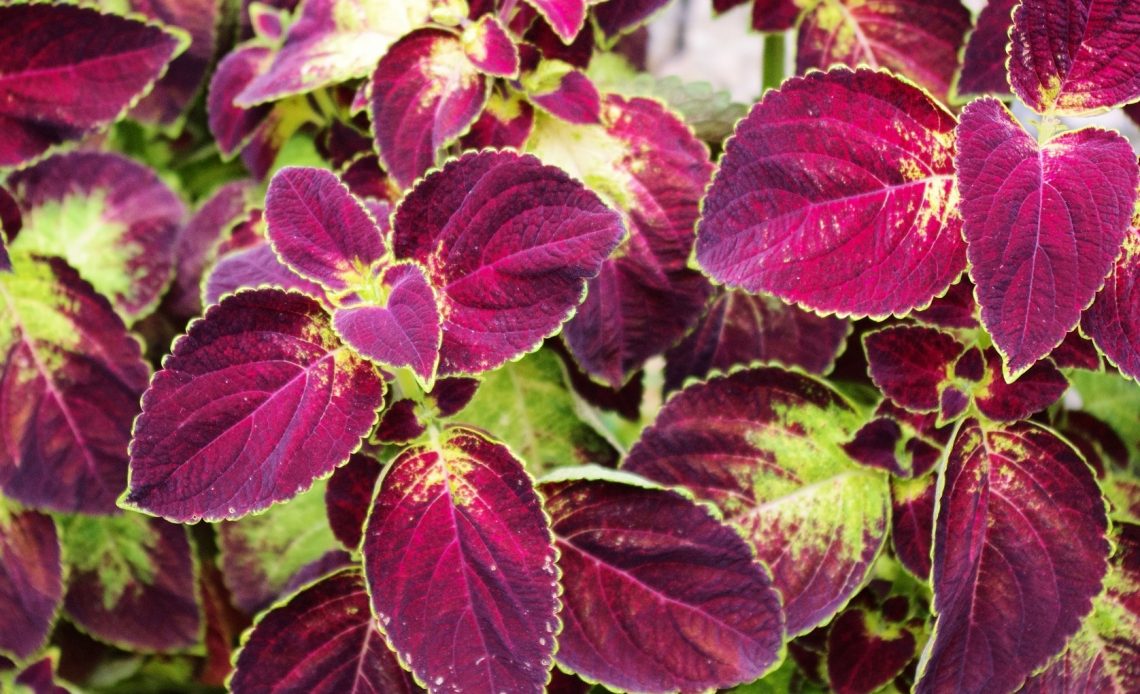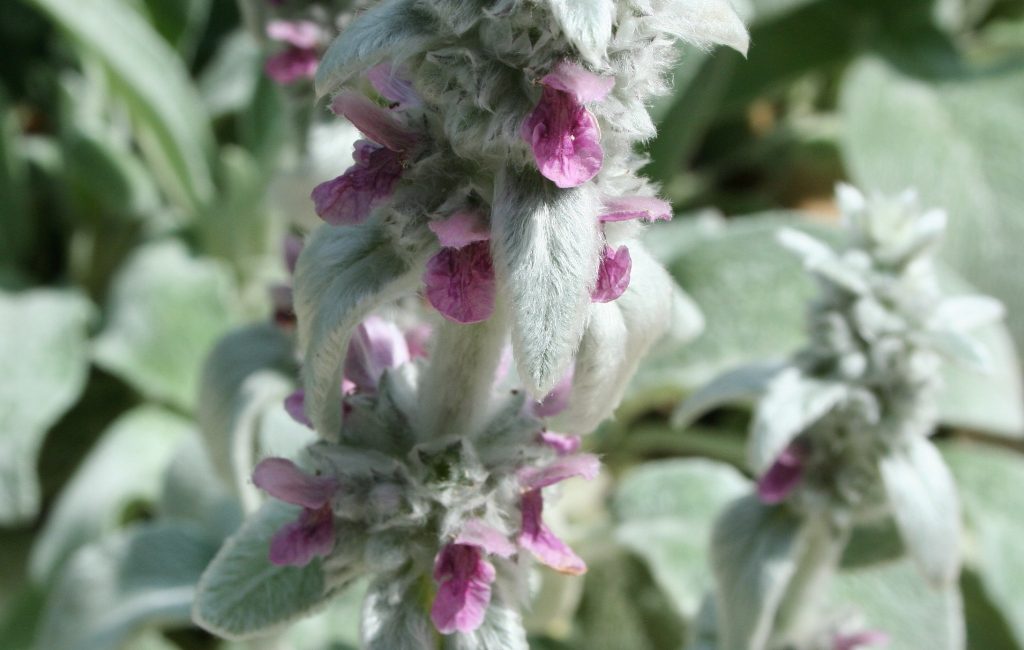

We’re here to help! Wild Yards is a completely free website that is 100% dedicated to helping you create a wildlife-friendly, sustainable yard. Read more
WildYards is reader-supported. When you buy a product through a link on our site, we may earn a comission. Every product is independently selected by our (obsessive) editors and our reviews are unbiased and objective. Read more about our mission or our privacy policy.
Coleus is often a gardener’s favorite thanks to its incredible, brightly colored foliage. It can make any garden look like a wonderland and is very easy to maintain! However, given how attractive the bright colors are to us, it would only be right to assume that they will also attract certain wildlife, too. One of the biggest threats to a gardener’s beloved plants is certain wild animals, such as deer, who love eating a variety of foliage. So, do deer eat coleus?
Deer won’t normally eat coleus as it’s not visually appealing to them. As bizarre as this may sound, deer will normally choose plants that are different in taste and texture. In fact, coleus is famous among many for being a ‘deer resistant plant’.
Why don’t deer eat coleus?
It’s all to do with the colors. While coleus is highly appealing to us thanks to their bright leaves, deer won’t normally consume plants that are brightly tinted or colored.
The coleus doesn’t bear fruit, which is usually a secondary appeal to many deer. They will happily munch away at plants and foliage with extra sweet treats hanging from them.
That said, deer will eat all kinds of foliage and vegetation if there is little choice available. Therefore, if you do find deer eating your coleus, it’s because the local greenery elsewhere isn’t appealing to them, or they are struggling to find food to eat.
Should I plant coleus to deter deer?
While coleus is a deer-resistant plant, it won’t deter them from visiting your yard altogether. Again, if food is scarce enough, deer will chow down on coleus given no other option.
If you want to deter deer from visiting your yard, it’s a good idea to plant vegetation they are simply not interested in. Coleus is highly prized because they look great, and the extra bonus is that deer will walk straight past them.
Coleus has proven to be a highly useful medicinal plant, too – it just keeps on giving!
If you want to make your garden even less appealing to deer, growing your grass long is a good idea. That’s simply because deer show little interest in eating grass, even more so if it is very long.
Will deer and rabbits eat coleus?
If you want to protect your coleus, it makes sense to keep your eyes peeled for deer and rabbits alike – and thankfully, deer won’t cause you much concern unless they are hungry.
On the other hand, rabbits are known for eating pretty much anything! And yes, they do even enjoy coleus. Their bright colors are perfect for attracting them, they are at a perfect height, and coleus is usually in bunches, providing the perfect cover for the rabbits as they make their way through them.
Therefore, if you really want to protect your prized coleus, it’s rabbits you will need to worry about – not deer!
What kind of plant repels deer?
While there are all kinds of plants deer love, some – such as daffodils, poppies, foxgloves, certain euphorbia, and bee balm – are all unlikely to provide tasty snacks for them. Also, fragrant herbs are likely to turn the odd deer visitor away. This is worth remembering if you want to bring deer to your garden – as well as if you’d like them to go elsewhere.
Deer will generally avoid plants that smell very strongly because strong scents can confuse them when looking around for weeds and forbs. Taste, too, is a strong deterrent – deer like plain to sweet-tasting vegetation, meaning daffodils are unlikely to appeal thanks to their bitterness.
You’re also unlikely to find deer munching away on thick, awkward, or spiny plants and foliage. This is obvious – they like quick meals for quick energy and have evolved to avoid spiny, thorny plants. For similar reasons, sharp-edged plants (and grass, too) are likely to remain deer-proof.
As we’ve seen with coleus, deer don’t tend to prefer very colorful blooms and plants. However, they also show distaste for less colorful growths such as lamb’s ears simply because their displays are so unique. If a plant looks outlandish or interesting in any way, shape, or form, deer will likely look for something more predictable!

Finally, fuzzy, furry plants are generally safe from deer, too. Again, lamb’s ears are great in this regard. Do also consider that deers dislike most ferns – they are very easy to grow and cultivate.
Crucially, it’s worth remembering that few specific plants are guaranteed to keep deer away. If they are hungry enough, they will eat pretty much anything! Therefore, if you want to keep a colorful garden free from deer feasting, be sure to plant resistant, awkward-looking greenery – and they will soon go elsewhere.
